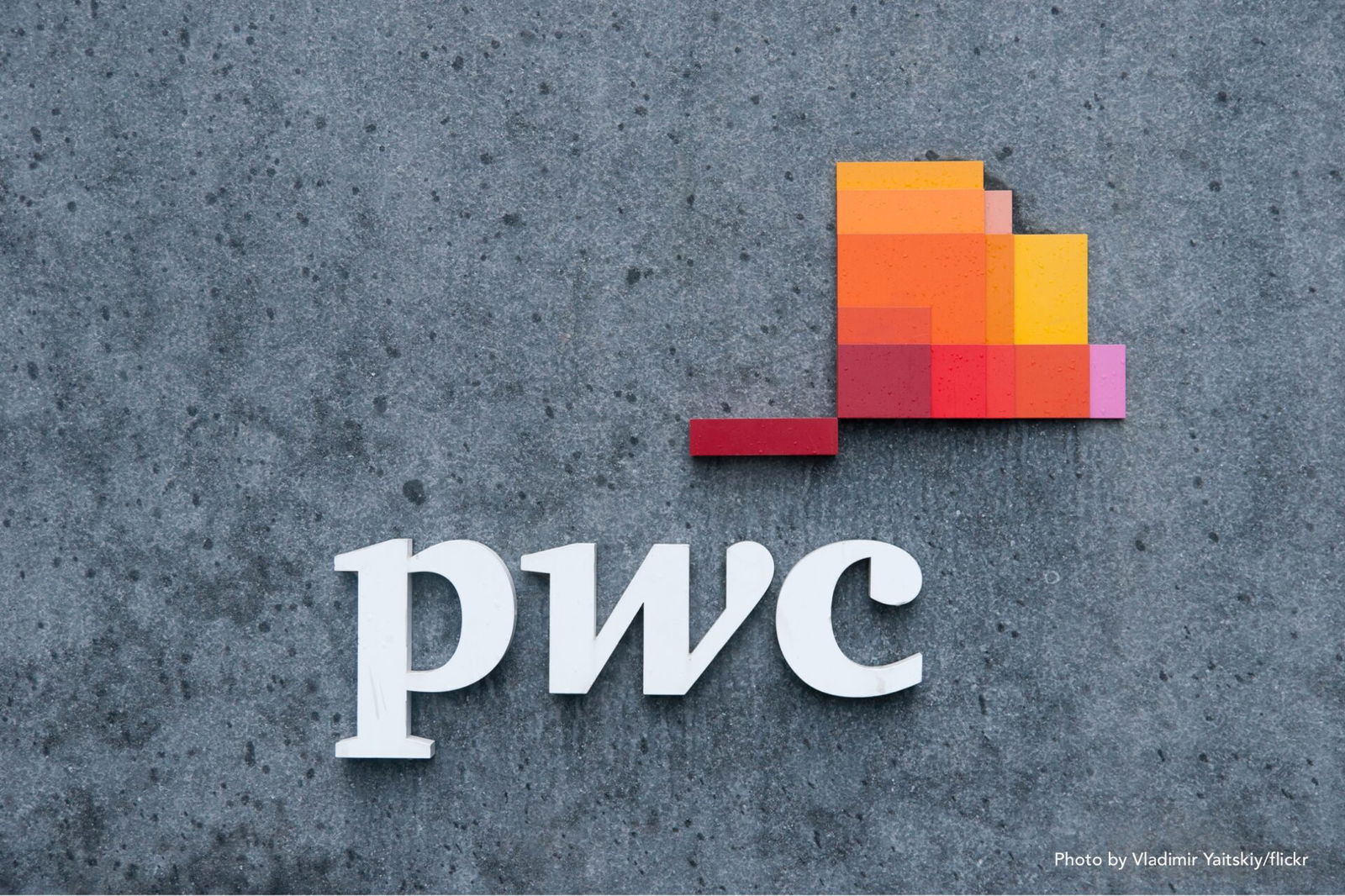
January 25, 2024
PricewaterhouseCoopers Amends Language In Diversity Report Amid Legal Scrutiny, DEI Backlash, And Diversity Debate
In truth, the tactics of America First Legal are not about legality, but punishing organizations that have committed to diversity.
After a legal challenge mounted by Stephen Miller’s America First Legal in 2023, PricewaterhouseCoopers (PwC) has been revising its internship and scholarship programs with the aim of evading further scrutiny from Miller and his cadre of conservative activist lawyers.
Companies championing Diversity, Equity, and Inclusion (DEI) initiatives have become targets of Miller and other conservative groups following the Supreme Court’s rollback of affirmative action in higher education.
According to the Financial Times, Miller urged the Equal Employment Opportunity Commission (EEOC) to scrutinize PwC’s practices.
“There may be changes in wording and emphasis, but fundamentally, it remains an exercise in reducing individuals to their immutable characteristics, which conflicts with legal mandates,” said Reed Rubinstein, senior counselor at America First Legal.
Though Miller’s group presents itself as concerned about “reverse racism,” a look at PwC’s diversity numbers from 2023 shows that 55% of their employees are white, while 22% are Asian and 9% are Latinx. Black employees make up 7% of the workforce.
In response to the scrutiny, PwC changed some of the wording in its 2023 report.
Yolanda Seals-Coffield, PwC’s chief people officer, told Financial Times, “Our commitment to attract the most diverse and dynamic group of professionals hasn’t changed. Our commitment to cultivating an environment where all our professionals can thrive hasn’t changed. How we get there may face a few hurdles that it didn’t a year ago.”
PwC has altered its internship program criteria, removing explicit diversity requirements.
According to the Financial Times, the change was revealed after the firm published a purpose and inclusion report, which resulted in a broader eligibility scope for its student internship program. Previously, the firm’s “Start” internship aimed at aspiring leaders was specifically tailored for high-performing college sophomores and rising juniors who self-identified as members of traditionally underrepresented minority groups in the professional services sector, including protected veterans and individuals with disabilities.
The revised language encourages applications from underrepresented minorities without explicitly stating that the program is exclusively for those groups.
PwC is just an example or corporations facing backlash for their DEI programs.
According to Vox, the corporate backlash to diversity isn’t far removed from the backlash to cultural diversity seen through the response to Halle Bailey being cast as Ariel in the live-action adaptation of The Little Mermaid or inserting more Black people into The Lord of the Rings.
Both sets of backlash often invoke the same argument: that such diversity is being forced on people. Thus, said diversity is not developing naturally.
“I believe racists are going to attack ANY series that they believe should have been 100% white,” journalist and period drama expert Amanda Rae-Prescott wrote in an email to Vox. “Racists are going to get mad at the next superhero or horror show that racebends a character, and they’ll be outraged over whatever the next Bridgerton is. Their goal is to stop all efforts to diversify Hollywood.”
DEI advocates stress the same opposition holds true for the business world, that there is an organized effort to stop all voices are heard equally.
RELATED CONTENT: OPINION: DEI Backlash Has Made Companies Afraid Of Republican Lawsuits